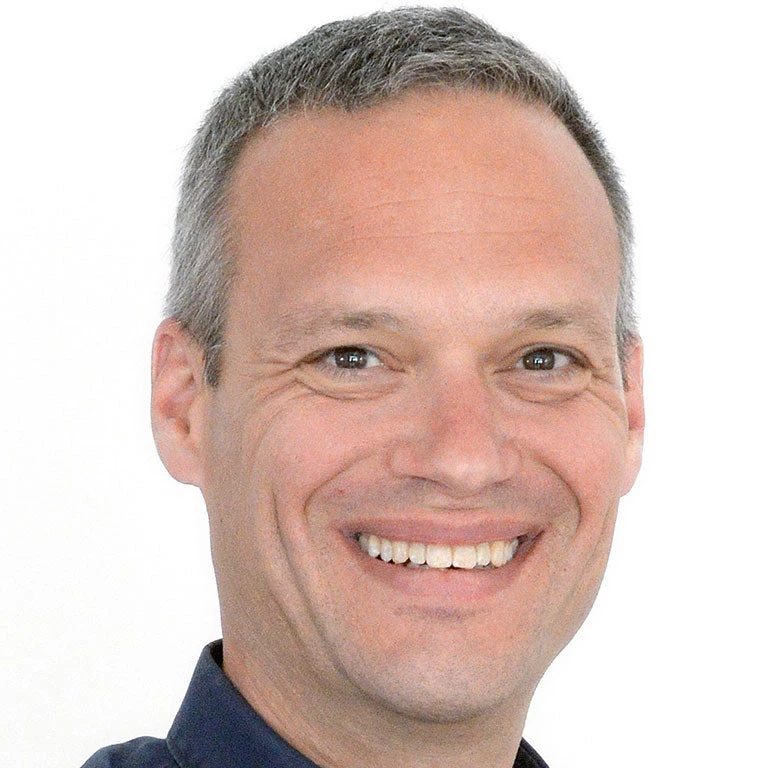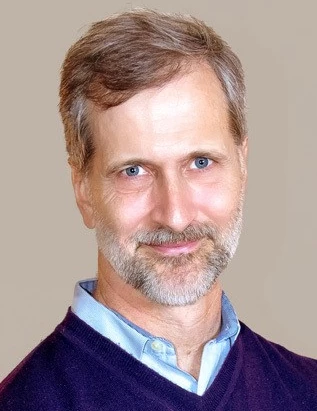Market closures and lockdowns in the wake of the COVID-19 (coronavirus) pandemic; droughts and floods accelerated by climate change; conflict-induced displacement and locust disruptions to harvests; and now the food and fuel price increases triggered by the war in Ukraine. Africa has seen its fair share of shocks and crises over the last two years. Shocks hit poor people the hardest, because of their vulnerability associated with where they live and what they consume, what they do for a living, and what little savings and assets they hold. Shocks do long-term damage to lives and livelihoods, as poor households often cut back on food consumption, take children out of school, and sell productive assets. As a result, Africa is now facing the most dramatic food security crisis in a decade.
Good news amidst the gloom
Fortunately over the last 25 years, countries across the continent have increasingly turned to social safety net programs to tackle poverty and build resilience to shocks. Just prior to the COVID-19 pandemic, 45 countries in Sub-Saharan Africa – three times as many as those at the end of the 1990s – had introduced social safety net programs with significant impacts.
When governments across Africa needed to support people quickly and effectively in response to the economic and social disruptions caused by the COVID-19 pandemic, they turned to social safety net programs first and foremost. With World Bank support, 19 countries in West-Central Africa rolled out cash transfers and employment assistance to the poorest communities, reaching about 50 million people.
This experience has shown that: (1) The ability of governments to expand social safety nets depends on the robustness of their delivery systems, especially wide-coverage and dynamic social registries that harness good data. Ethiopia, Gabon, and Mauritania drew on medium to large social registries to reach a significant share of the population ; and that (2) Africa has the potential to exploit ground-breaking innovations enabled by new data and technologies for the intake and registration of beneficiaries, the assessment of their needs and conditions and the provision of benefits. Togo, Nigeria, and the Democratic Republic of Congo experimented with novel ways to quickly identify, assess, enroll, and transfer money to people, even where prior systems were limited and social registries small.
Pandemic exposed limitations of social protection systems
And yet, coverage and adequacy of cash transfers in Africa remain limited. Programs often focus on the chronically poor in rural areas and are unable to protect informal sector workers in urban areas. Also, systems remain fragmented, social safety nets not linked to active labor market policies, and social security programs concentrated among small shares of better off formal sector workers. And finally, as financing for social protection remains limited and often relying on external sources, expanding and managing the fiscal space for social protection is becoming central to building stronger systems.
The World Bank’s Africa’s Pulse lays out a three-pronged agenda to advance social protection in Africa.

Social protection systems in Africa should continue to diversify objectives and instruments to enhance protection for all. Africa’s emerging and impactful non-contributory rural poverty-focused social safety net programs can serve as platforms to promote resilience to climate and other shocks, build human capital, promote more productive and shock resilient livelihoods and jobs, and advance women’s empowerment. Social safety nets can be complemented by contributory instruments to help non-poor, but vulnerable, urban informal sector workers better manage risks and become more resilient to shocks.
Africa’s social safety net programs need stronger delivery systems. Africa can leap-frog by leveraging digital and data innovations to make delivery systems more inclusive, integrated, and dynamic. This entails building foundational identification systems such as those currently being rolled out across ECOWAS countries, develop more “adaptive” social registries which can be built and updated dynamically using novel data sources and technologies, systematically rolling out digital government to person (G2P) payment systems, and reinforcing links to climate early warning systems. New challenges and risks such as personal data privacy must be mitigated.
Given their positive impact, despite tight fiscal conditions, there is room to raise budget allocations to social protection programs in many parts of Africa. In addition to widening the tax base, reallocations from less impactful and costly budget items like subsidized formal sector pensions or regressive universal utility subsidies are possible. Effective financing for shock response programs will require pre-arranged financing to mobilize support to shock-hit households faster, using instruments such as disaster response funds and sovereign insurance and integrated by a coordinated risk-layering approach. Africa’s next shock will come sooner than anticipated, faster and with worse impacts than we might expect. It is time to prepare.





Join the Conversation